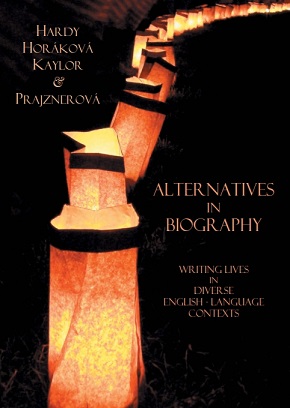Indigenous Collaborative Life Writing: Narrative Transgression in Auntie Rita and Kayang & Me
Indigenous Collaborative Life Writing: Narrative Transgression in Auntie Rita and Kayang & Me
Author(s): Martina Horáková
Subject(s): Studies of Literature, Oral history, Social history, Theory of Literature
Published by: Masarykova univerzita nakladatelství
Keywords: indigenous collaborative life writing; narrative transgression; genre; Auntie Rita; biography; Australian literature;
Summary/Abstract: In Kim Scott’s novel Benang: From the Heart (1999), the narrator Harley—“the first white man born” and a product of his white grandfather’s personal eugenicist project—attempts to write down, in a subversive and rebellious gesture, “the most local of histories,” in order to articulate alternative perspectives on both Indigenous and non-Indigenous identity and belonging. In this “counter-project,” Harley must not only trace his Indigenous family lineage and their stories, but he must also learn to listen to and negotiate these stories. Gradually his endeavour comes to be characterized by what Lisa Slater, in her critical essay on Benang, calls “an ethics of uncertainty,” pointing to Harley’s, and by extension to Scott’s, preoccupation with cultural dislocation—a sense of not belonging fully to either culture—and the ways this can be reflected in his writing style, language, genre and frame. Harley, the indeterminate and uncertain narrator in Slater’s terms, can be read, I would suggest, as an archetypal Indigenous life chronicler, an embodiment of the position occupied by many contemporary Australian Indigenous storytellers/writers who use the genre of life writing to re-create their stolen identities while exposing and “writing back” to the (post)colonial narratives of the settler nation.
Book: Alternatives in Biography: Writing Lives in Diverse English-Language Contexts
- Page Range: 93-138
- Page Count: 46
- Publication Year: 2011
- Language: English
- Content File-PDF

